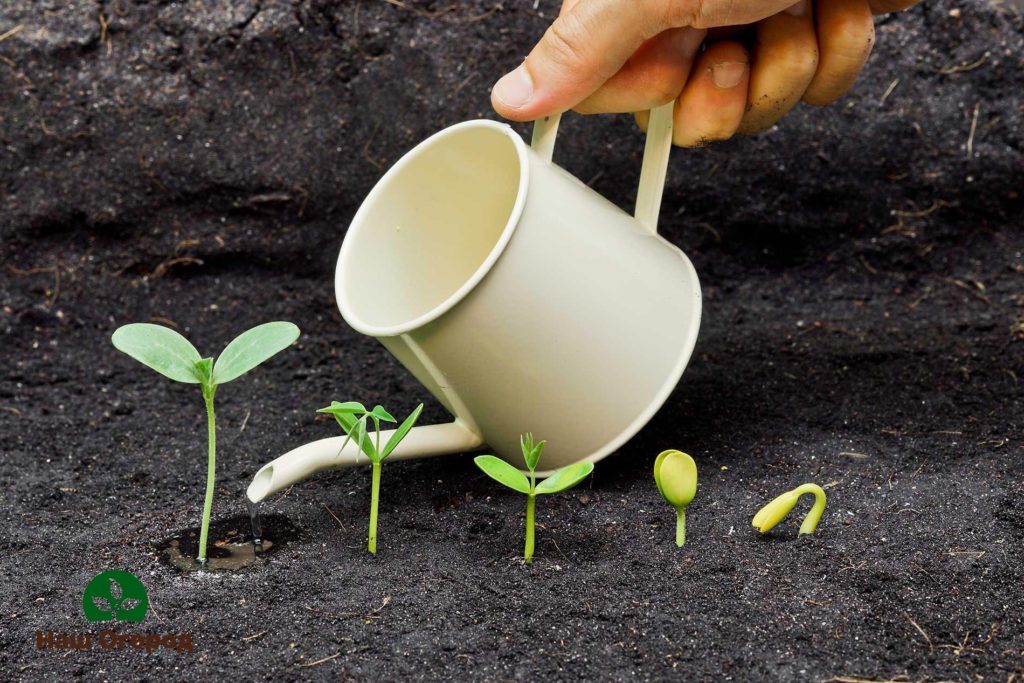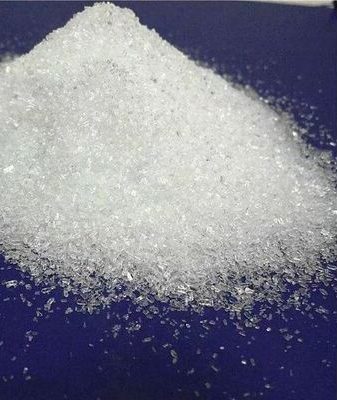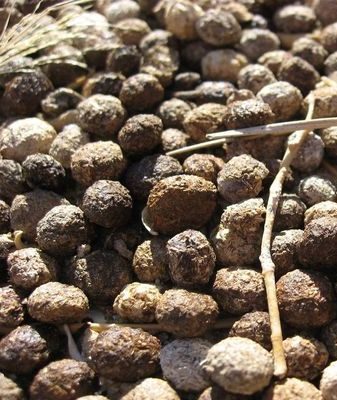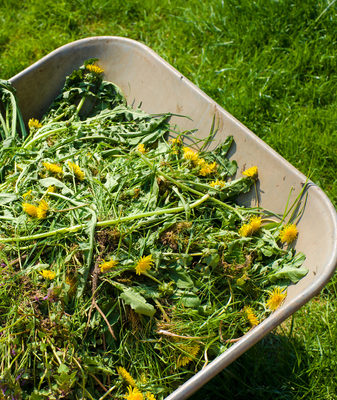The best fertilizers for the garden
Fertilizers - for good growth and productivity.

We all know that in order to get a good harvest, we must surround the plants with care and attention. Create optimal temperature conditions to ensure that they receive enough light and water. But sometimes this, unfortunately, is not enough. Plants need nutrition for healthy growth and excellent yields. Both organic and mineral fertilizers serve as this food. Let's see why they are needed and what are the best fertilizers for the garden.
So, organic fertilizers-Fertilizers that contain nutrients in the form of organic compounds. It sounds complicated, but in fact, this is the well-known manure, peat, compost, silt, straw and many others. When we bring them into the ground, they decompose under the influence of soil microorganisms, to simpler compounds - potassium, calcium, nitrogen, phosphorus and others. And these already liberated elements feed the plants. In addition, during decomposition, organic substances release carbon dioxide, which plants need for photosynthesis. All together have a beneficial effect on the growth and productivity of plants, therefore organic fertilizers are one of the best for the garden.
The second type of fertilizer that I want to talk about is mineral fertilizers... They are concentrated inorganic compounds. It is they that are released during the decomposition of organic ones, but only there their amount is small. There are a lot of mineral fertilizers and each of them has its own beneficial role for plants. Let's take a look at some of them.
Nitrogen. The well-known ammonium nitrate, calcium and sodium nitrate, urea and many others, containing nitrogen in their composition. Plants need nitrogen to build up their green mass, i.e. for the growth of stems and leaves. The more vegetative mass a plant has, the more buds there will be, and, consequently, flowers and fruits.
Potash. Potassium sulfate, Wood ash Potassium salt, Kalimagnesia, Potassium chloride and others. Potassium is essential for plants to build a strong root system. In addition, potassium helps plants to use water more economically and productively, so the plants can survive mild drought. It has a positive effect on the resistance of plants to low temperatures. It promotes the synthesis of vitamin C, which makes the fruits brighter and more aromatic.
Phosphoric. Superphosphate, Diammophos, Ammophos, Bone meal, Precipitate, Phosphate rock and others. Phosphorus is responsible for the energy processes in plants. It is necessary for the formation of flowers, and, therefore, for the further ripening of the fruit.
Both mineral and organic fertilizers allow you to get a good harvest, but on condition that everything is applied at the right time and in the right quantities. If fertilizers are applied earlier or later than the plants need them, there will be no benefit from them, but rather you will harm them. In the same way, the introduction of excessive doses will negatively affect the plant, as well as their lack.
Plants by their appearance can tell you what elements they lack. So, for example, if there is not enough nitrogen, then the plant leaves turn pale green, turn yellow and curl. If there is not enough phosphorus, the tips of the leaves turn brown and dry out. And if there is not enough potassium, then the stems become small, the fruits ripen unevenly and for a long time.
As soon as you find the first signs of a lack of some elements in your wards, immediately start taking action, feed them and then your plants will reciprocate you.
Do not neglect plant nutrition. Remember that light, water and heat alone are not enough to get a good harvest! The best fertilizers are needed!




